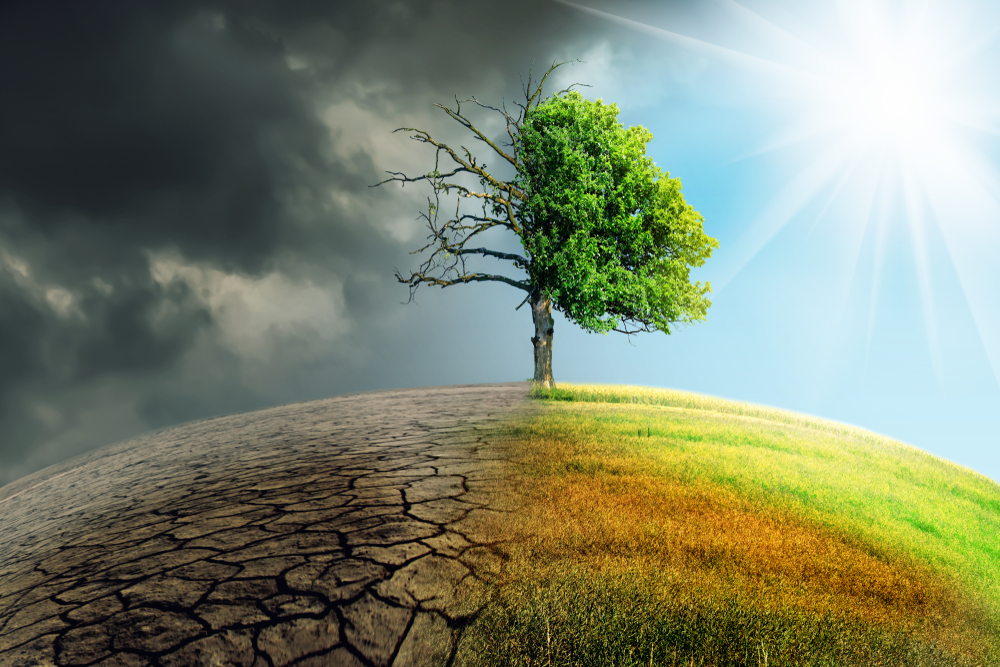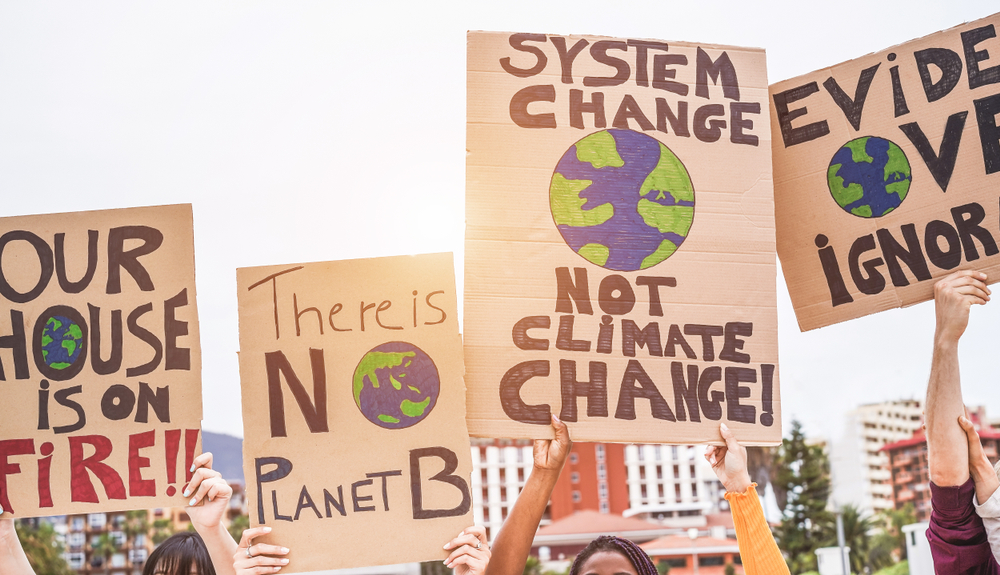The relationship between public health and climate change is one of the most compelling and pressing issues in the complex web of global concerns. The effects of unprecedented changes in Earth’s climate on human well-being are becoming more and more apparent. This article explores the complex relationships that exist between public health and climate change, illuminating the various ways in which these two phenomena interact and affect our communities.
The Growing Threat
Rising temperatures, extreme weather, and altered precipitation patterns are all signs of climate change, which is now a real and growing threat rather than just a phantom. Public health suffers greatly as a result of rising temperatures and more frequent and severe natural disasters. The complex relationships between climate change and public health are numerous, ranging from the direct effects of heatwaves and other extreme weather events to the indirect effects on the security of water and food.

The Effects of Heatwaves on Health
The increasing frequency and severity of heatwaves is one of the most obvious effects of climate change. Vulnerable groups, such as the elderly and people with underlying medical conditions, are more at risk as temperatures rise to all-time highs. As heat-related ailments like heatstroke and dehydration increase in frequency, they put an additional burden on healthcare systems that are already facing numerous difficulties.
In addition, the constant heat makes air pollution worse, which can result in respiratory problems and cardiovascular problems. Increased urban heat islands, particularly in densely populated areas, disproportionately affect marginalized communities, exacerbating already-existing health disparities.
Diseases Spread by Vectors Are Increasing
The transmission of vector-borne illnesses is significantly influenced by climate change as well. Variations in temperature and precipitation patterns facilitate the growth of disease-carrying vectors like ticks and mosquitoes. Illnesses such as dengue fever, malaria, and Lyme disease are expanding to hitherto unaffected areas, exposing vulnerable populations.
The complexity of these issues is highlighted by the interdependence of climate systems and ecosystems. Public health systems must cooperate and adapt globally to lessen the impact of these new health threats as diseases that were previously limited to particular geographic areas spread.
Water Scarcity and Pollution
The impact of climate change on water resources is a crucial aspect of its impact on public health. Certain regions experience water scarcity, while others experience increased flooding due to changes in precipitation patterns and glacier melting. There are serious health risks in both situations.
The spread of waterborne illnesses can be encouraged by poor sanitation and hygiene brought on by a lack of water. Extreme weather events compound the effects of contaminated water sources, increasing the frequency of diseases like dysentery and cholera. A key factor in determining public health is having access to clean water, and disruptions to water supplies brought on by climate change directly endanger communities all over the world.
Malnourishment and Food Insecurity
The complex network of relationships reaches into the field of food security. Crop failures, changes in crop composition, and changes in nutritional content are all consequences of climate change’s disruption of agricultural systems. These disruptions have significant effects on public health as well as global food security.
The vulnerability of staple crops to pests, diseases, and extreme weather events increases the likelihood of food insecurity and malnutrition. Inadequate access to nutrient-rich food and climate-induced disruptions to agriculture burden vulnerable populations, especially in low-income countries, perpetuating a vicious cycle of poverty and illness.
Effects on Mental Health
Climate change has negative effects on mental health in addition to physical health. Affected populations experience increased stress, anxiety, and depression as a result of the escalating frequency and severity of extreme weather events, the loss of livelihoods due to agricultural disruptions, and the uncertainty surrounding the future.

Conclusion
There is no denying the complexity of the relationships between public health and climate change, which affect many facets of human welfare. A comprehensive and cooperative approach is necessary due to the interconnectedness of these issues, which range from the direct effects of heatwaves to the indirect effects on food and water security. Coordinated efforts at the local, national, and international levels are necessary to mitigate the health effects of climate change. These efforts should include adaptation, resilience, and sustainable development strategies. Recognizing that addressing the climate-health nexus is not only an environmental imperative but also a fundamental obligation to protect the well-being of present and future generations is crucial as we navigate this uncharted territory.


